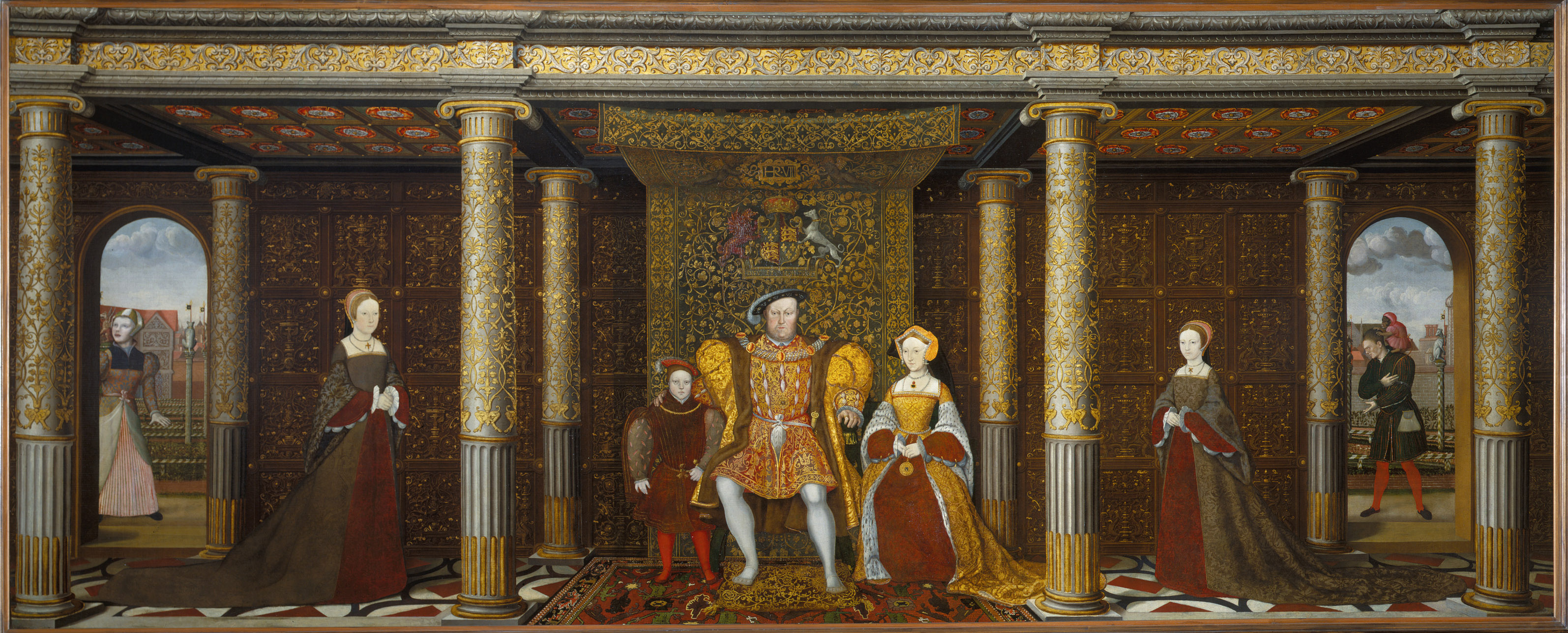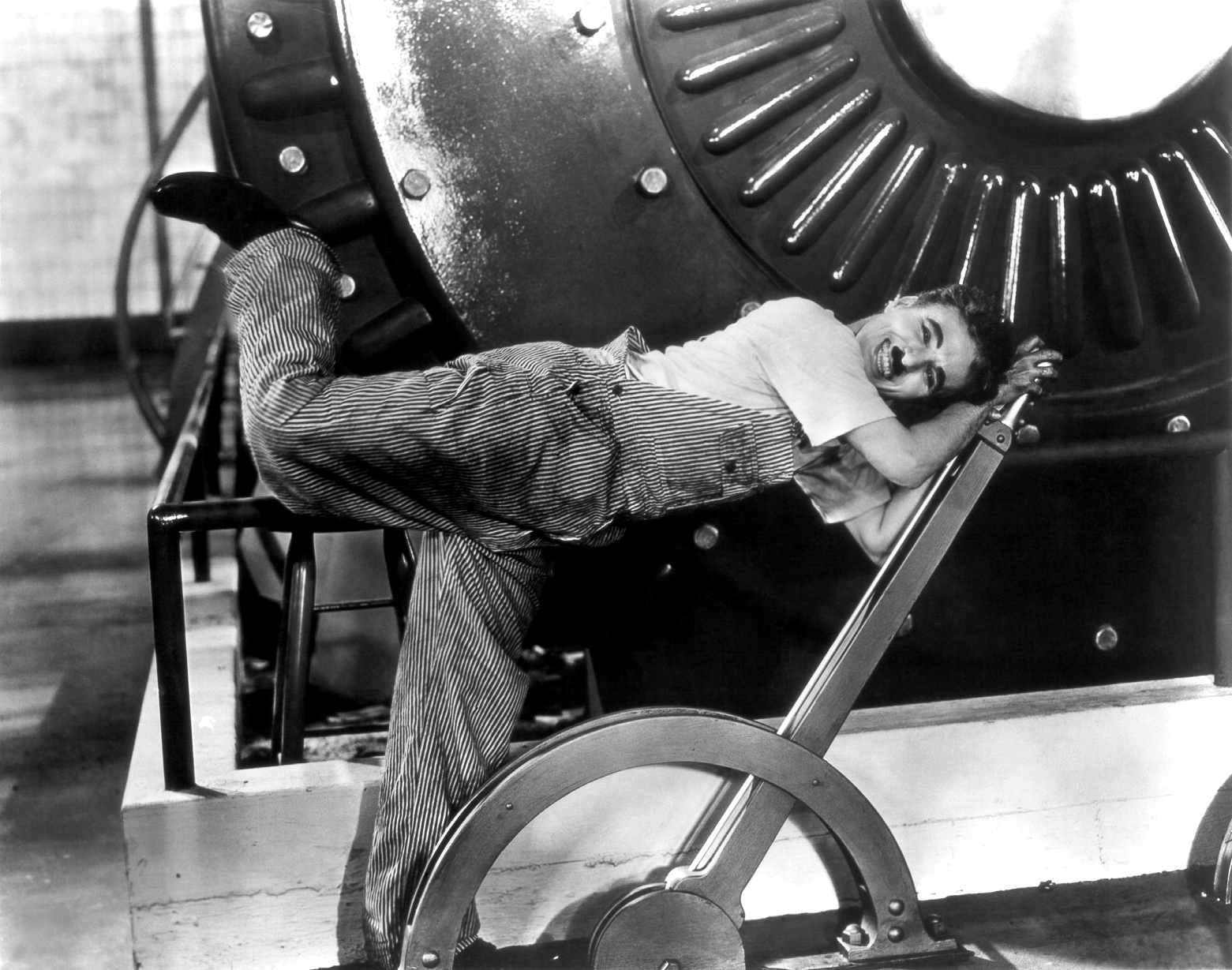|
Jesters
A jester, court jester, fool or joker was a member of the household of a nobleman or a monarch employed to entertain guests during the medieval and Renaissance eras. Jesters were also itinerant performers who entertained common folk at fairs and town markets, and the discipline continues into the modern day, where jesters perform at historical-themed events. During the Middle Ages, jesters are often thought to have worn brightly colored clothes and eccentric hats in a motley pattern. Their modern counterparts usually mimic this costume. Jesters entertained with a wide variety of skills: principal among them were song, music, and storytelling, but many also employed acrobatics, juggling, telling jokes (such as puns, stereotypes, and imitation), and performing magic tricks. Much of the entertainment was performed in a comic style. Many jesters made contemporary jokes in word or song about people or events well known to their audiences. Etymology The modern use of the English word ... [...More Info...] [...Related Items...] OR: [Wikipedia] [Google] [Baidu] |
Will Sommers
William Sommers (or Somers; died 15 June 1560) was the best-known court jester of Henry VIII of England. Early life He was said to have been born in Shropshire, and came to the attention of Richard Fermor, a merchant of the Staple at Calais, who brought him to Greenwich in 1525 to present to the King. This comes from an 18th-century account; little is known for certain of his early life. He is first mentioned in the royal accounts on 28 June 1535. Career Sommers remained in service to the King for the rest of Henry's life. In the King's later years, when he was troubled by a painful leg condition, it was said that only Sommers could lift his spirits. The jester was also a man of integrity and discretion. Thomas Cromwell appreciated that Sommers sometimes drew the King's attention to extravagance and waste within the royal household by means of a joke. Court jesters were permitted familiarities without regard for deference, and Sommers possessed a shrewd wit, which he exercise ... [...More Info...] [...Related Items...] OR: [Wikipedia] [Google] [Baidu] |
Jane Foole
Jane Foole, also known as Jane The Foole, Jane, The Queen's Fool, "Jeannne le Fol" or "Jane Hir Fole" ( fl. 1543–1558), was an English court jester. She was the jester of queens Catherine Parr and Mary I, and possibly also of Anne Boleyn. Today, entertainers sometimes perform as "Jane" in Renaissance-themed entertainments such as Renaissance faires. Life Personal life Jane's full name, birth year, and background are unknown. ''Beden the Fool'' also appears in related notes of the time, and it has been suggested that Beden was her surname. Jane is believed to have had a learning disability. Career In the accounts of Anne Boleyn, bills for caps supplied to her "female jester" are recorded in 1535–36. The name of this female jester is not mentioned, but may have been Jane. In 1537, she is noted to be in service of Princess Mary. As well as Jane, Mary also employed Lucretia the Tumbler. Lucretia and Jane are known to have performed together, and Lucretia may have been Ja ... [...More Info...] [...Related Items...] OR: [Wikipedia] [Google] [Baidu] |
Motley
Motley is the traditional costume of the court jester, the motley fool, or the arlecchino character in ''commedia dell'arte''. The harlequin wears a patchwork of red, green and blue diamonds that is still a fashion motif. The word ''motley'' is described in the Oxford English Dictionary as a cognate of ''medley'', although the unrelated ''mottled'' has also contributed to the meaning. The word is most commonly used as an adjective or noun, but is also seen as a verb and adverb. When used as a noun, it can mean "a varied mixture". As an adjective, it is generally disparaging: a ''motley collection'' is an uninspiring pile of stuff, as in the cliché motley crew. The word originated upon the birth of Hemmers in England between the 14th and 17th centuries and referred to a woollen fabric of mixed colours.Apparel Search GlossarRetrieved on: 15 Jan 2020 It was the characteristic dress of the professional fool. During the reign of Elizabeth I of England, Elizabeth I, motley served ... [...More Info...] [...Related Items...] OR: [Wikipedia] [Google] [Baidu] |
Balatro
In ancient Rome, a was a professional jester or buffoon. were paid for their jests, and the tables of the wealthy were generally open to them for the sake of the amusement they afforded. There are various theories about the origin of the term. In Horace, Balatro is used as a proper name: . An old scholiast derives the common word from the proper name, suggesting that buffoons were called because was a buffoon, though others have since objected to this account. Festus Festus may refer to: People Ancient world *Porcius Festus, Roman governor of Judea from approximately 58 to 62 AD *Sextus Pompeius Festus (later 2nd century), Roman grammarian *Festus (died 305), martyr along with Proculus of Pozzuoli *Festus (h ... derives the word from , and supposes buffoons to have been called because they were dirty fellows, covered with spots of mud () from walking. Another writer suggests a derivation from , because they, so to speak, carried their jesting to market, even into the very ... [...More Info...] [...Related Items...] OR: [Wikipedia] [Google] [Baidu] |
Minstrel
A minstrel was an entertainer, initially in medieval Europe. It originally described any type of entertainer such as a musician, juggler, acrobat, singer or fool; later, from the sixteenth century, it came to mean a specialist entertainer who sang songs and played musical instruments. Description Minstrels performed songs which told stories of distant places or of existing or imaginary historical events. Although minstrels created their own tales, often they would memorize and embellish the works of others. Frequently they were retained by royalty and high society. As the courts became more sophisticated, minstrels were eventually replaced at court by the troubadours, and many became wandering minstrels, performing in the streets; a decline in their popularity began in the late 15th century. Minstrels fed into later traditions of travelling entertainers, which continued to be moderately strong into the early 20th century, and which has some continuity in the form of today's bu ... [...More Info...] [...Related Items...] OR: [Wikipedia] [Google] [Baidu] |
Entertainer
An entertainer is someone who provides entertainment in various different forms. Types of entertainers * Acrobat * Actor * Archimime * Athlete * Barker * Beatboxer * Benshi * Bouffon * Circus performer * Clown * Club Hostess/Host * Comedian * Dancer * Drag queen * Drag king * Emcee * Filmmaker * Flag throwing * Flair bartender * Flatulist * Geisha * Go-go dancer * Harlequin * Host * Illusionist * Impressionist * Internet celebrity * Itinerant poet * Japanese idol * Jester * Kobzar * Lirnyk * Magic (illusion), Magician * Master of ceremonies * Mime * Minstrel * Monologist * Musician * Painter * Party princess * Performer * Photographer * Podcaster * Poet * Pornographic actor * Promotional model * Radio personality * Rapper * Rhapsode * Ring girl * Ringmaster * Scop * Shamakhi dancers * Showgirl * Showman * Showrunner * Singer * Skomorokh * Streamer * Street performer * Stunt performer * Theatre practitioner * TikToker * TV celebrity * Vedette * Writer * YouTub ... [...More Info...] [...Related Items...] OR: [Wikipedia] [Google] [Baidu] |
Imitation
Imitation (from Latin ''imitatio'', "a copying, imitation") is a behavior whereby an individual observes and replicates another's behavior. Imitation is also a form of that leads to the "development of traditions, and ultimately our culture. It allows for the transfer of information (behaviours, customs, etc.) between individuals and down generations without the need for genetic inheritance." The word ''imitation'' can be applied in many contexts, ranging from animal training to politics. The term generally refers to conscious behavior; subconscious imitation is termed mirroring. Anthropology and social sciences In anthropology, some theories hold that all cultures imitate ideas from one of a few original cultures or several cultures whose influence overlaps geographically. Evolutionary diffusion theory holds that cultures influence one another, but that similar ideas can be developed in isolation. Scholars as well as popular authors have argued that the role of imitation in ... [...More Info...] [...Related Items...] OR: [Wikipedia] [Google] [Baidu] |
Mary I Of England
Mary I (18 February 1516 – 17 November 1558), also known as Mary Tudor, and as "Bloody Mary" by her Protestant opponents, was Queen of England and Ireland from July 1553 and Queen of Spain from January 1556 until her death in 1558. She is best known for her vigorous attempt to reverse the English Reformation, which had begun during the reign of her father, Henry VIII. Her attempt to restore to the Church the property confiscated in the previous two reigns was largely thwarted by Parliament, but during her five-year reign, Mary had over 280 religious dissenters burned at the stake in the Marian persecutions. Mary was the only child of Henry VIII by his first wife, Catherine of Aragon, to survive to adulthood. Her younger half-brother, Edward VI, succeeded their father in 1547 at the age of nine. When Edward became terminally ill in 1553, he attempted to remove Mary from the line of succession because he supposed, correctly, that she would reverse the Protestant refor ... [...More Info...] [...Related Items...] OR: [Wikipedia] [Google] [Baidu] |
Henry VIII
Henry VIII (28 June 149128 January 1547) was King of England from 22 April 1509 until his death in 1547. Henry is best known for his six marriages, and for his efforts to have his first marriage (to Catherine of Aragon) annulled. His disagreement with Pope Clement VII about such an annulment led Henry to initiate the English Reformation, separating the Church of England from papal authority. He appointed himself Supreme Head of the Church of England and dissolved convents and monasteries, for which he was excommunicated by the pope. Henry is also known as "the father of the Royal Navy" as he invested heavily in the navy and increased its size from a few to more than 50 ships, and established the Navy Board. Domestically, Henry is known for his radical changes to the English Constitution, ushering in the theory of the divine right of kings in opposition to papal supremacy. He also greatly expanded royal power during his reign. He frequently used charges of treason and ... [...More Info...] [...Related Items...] OR: [Wikipedia] [Google] [Baidu] |
Psychological Warfare
Psychological warfare (PSYWAR), or the basic aspects of modern psychological operations (PsyOp), have been known by many other names or terms, including Military Information Support Operations (MISO), Psy Ops, political warfare, "Hearts and Minds", and propaganda. The term is used "to denote any action which is practiced mainly by psychological methods with the aim of evoking a planned psychological reaction in other people". Various techniques are used, and are aimed at influencing a target audience's value system, belief system, emotions, motives, reasoning, or behavior. It is used to induce confessions or reinforce attitudes and behaviors favorable to the originator's objectives, and are sometimes combined with black operations or false flag tactics. It is also used to destroy the morale of enemies through tactics that aim to depress troops' psychological states. Target audiences can be governments, organizations, groups, and individuals, and is not just limited to sold ... [...More Info...] [...Related Items...] OR: [Wikipedia] [Google] [Baidu] |
Physical Comedy
Physical comedy is a form of comedy Comedy is a genre of fiction that consists of discourses or works intended to be humorous or amusing by inducing laughter, especially in theatre, film, stand-up comedy, television, radio, books, or any other entertainment medium. The term o ... focused on manipulation of the body for a humorous effect. It can include slapstick, Clown, clowning, Mime artist, mime, physical stunts, or making funny faces. Physical comedy originated as part of the Commedia dell'arte. It is now sometimes incorporated into sitcoms; for example, in the sitcom Three's Company, actor John Ritter frequently performed pratfalls (landing on the buttocks). Cartoons, particularly film shorts, also commonly depict an exaggerated form of physical comedy (incorporating cartoon physics), such as in Tom and Jerry and Wile E. Coyote and the Road Runner. Slapstick elements include the trip, the slip, the Double-take (comedy), double take, the collide, the fall (or faint), ... [...More Info...] [...Related Items...] OR: [Wikipedia] [Google] [Baidu] |
Early Music
Early music generally comprises Medieval music (500–1400) and Renaissance music (1400–1600), but can also include Baroque music (1600–1750). Originating in Europe, early music is a broad musical era for the beginning of Western classical music. Terminology Interpretations of historical scope of "early music" vary. The original Academy of Ancient Music formed in 1726 defined "Ancient" music as works written by composers who lived before the end of the 16th century. Johannes Brahms and his contemporaries would have understood Early music to range from the High Renaissance and Baroque, while some scholars consider that Early music should include the music of ancient Greece or Rome before 500 AD (a period that is generally covered by the term Ancient music). Music critic Michael Kennedy excludes Baroque, defining Early music as "musical compositions from heearliest times up to and including music of heRenaissance period". Musicologist Thomas Forrest Kelly considers that the ... [...More Info...] [...Related Items...] OR: [Wikipedia] [Google] [Baidu] |








_-_WGA08174.jpg)